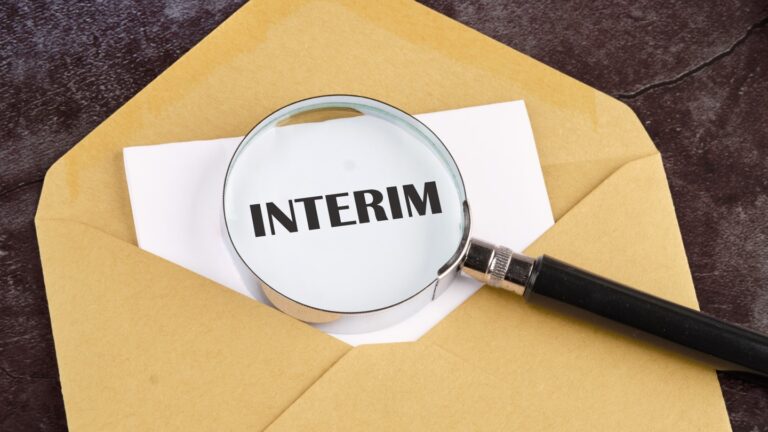Brain Injury in Sport – Are we Heading for Trouble?
Ipek Tugcu, Associate in our Adult Brain Injury team, discusses how far we go to protect athletes from their chosen sport.
Now more than ever, we know about the undeniable and often fragile link between sports and brain injuries.
Following his death, former NFL player Aaron Hernandez was found to have a severe case of chronic traumatic encephalopathy, often caused by repeated head trauma. The condition can often cause erratic behaviour, loss of memory and poor impulse control. Hernandez committed suicide whilst serving a life sentence for murder. In February 2018, 31 year old boxer Scott Westgarth sustained a severe brain injury following repeated blows in a fight. He conducted a post-victory interview, but died shortly afterwards.
Of course, these are contact sports. However, research from the last few years proves that any athlete is vulnerable to brain injury – regardless of how minor the blow. A recent study has found even a single injury to the head can cause the same type of degenerative brain damage as in dementia patients. Similar studies have looked into the link between brain injury and specifically degenerative disease such as dementia and heading a football.
The reality of these studies is that thousands of athletes risk sustaining significant long-term brain damage as a result of multiple undetected brain injuries throughout their careers. And often, once the damage is identified, it is too late to help the progression of disease.
In football the problem is acute and yet little has changed. Former footballer Alan Shearer acknowledged this lack of prevention for head injuries by drawing a contrast, saying “when Fabrice Muamba had a heart attack and collapsed, within six months there were defibrillators on every pitch.”
Who needs to take responsibility and precautions here? Let’s say you work in an office. Everybody knows the lift is faulty but your employer does nothing and reassures you all is fine. One day, you’re injured because of the lift. Your employer would be liable for the injury as a result of a known risk they did nothing about. But why do the rules blur when it comes to the sporting world?
Considering the tug of war between sporting authenticity and safeguarding players, what needs to change to protect athletes?
Strategies to prevent and detect injuries
It’s impossible to eliminate the risk of a head injury in any sport. However, injury prevention and detection strategies should be adopted to limit the risk of occurrence, and offer the best possible outcome upon diagnosis. Both Rugby Union and American Football have Head Injury Assessment procedures whereby athletes in head collisions are removed from play, assessed and tested for concussion. In contrast, the Premier League’s approach has often been criticised by brain injury charities for not taking the time to really consider every potential collision as an injury and allowing players to return to the field too quickly. In 2014, Chelsea goalkeeper Thibaut Courtois was floored and had an assessment by team doctors lasting less than 1 minute. He played for a further 13 minutes before being taken off for a suspected concussion.
A sportwide approach must be implemented that protects players at all costs, regardless of disruption. If we can introduce VAR technology to help referees’ decisions, we should be able to implement guidelines to protecting players.
Use of technology
Improvements in technology are making prevention and detection of brain injuries easier than ever. The use of helmets, mouth guards and even neck-worn devices to protect the brain from injury are all being researched, considered and used globally. In 2018, researchers at the University of Geneva announced the creation of a portable device they claim can detect a mild traumatic brain injury within minutes using a single drop of blood. You can read more about this in a blog written by my colleague Suzanne Trask. Further investments into technology like this should be made by sporting federations.
Research and education
Research and education should not be seen as a threat to preserving the purity of sport. The more we know, the better we are equipped. Many subtle and moderate brain injuries are not always easily and instantly identifiable and often injured athletes themselves are reluctant to seek attention – out of lack of understanding of severity and a stigma of stopping the flow of the game. Athletes and managers should be educated on spotting the signs of injuries and limiting injury through good sportsmanship and correct technique. There should be an active encouragement for minor injuries to be reported and assessed.
Support for injured athletes
The rules on the legal (and financial) responsibility for athletes injured as a result of sport is blurry. Who is liable – the athlete who partakes in the sport voluntarily? The team doctor who assesses the athlete as fit to play? The wider sporting regulator, who makes the rules? We need more ownership and support for athletes.
Having worked with athletes, I have seen how a brain injury can devastate a life. These injuries are often preventable and suffered because an athlete has returned to play or not received the treatment needed, leading to repeat injury which slows recovery and increase the likelihood of long-term damage. With research, education and guidelines, the issue of brain injury in sport is finally getting the attention it needs to make the changes necessary to protect players.
Ipek Tugcu is an associate solicitor at Bolt Burdon Kemp specialising in Adult Brain Injury claims. If you feel you may have a claim or are enquiring on behalf of a loved one, contact Ipek free of charge and in confidence on 020 7288 4849 or at ipektugcu@boltburdonkemp.co.uk. Alternatively, complete this form and one of the solicitors in the Adult Brain Injury team will contact you. Find out more about the Adult Brain Injury team.










